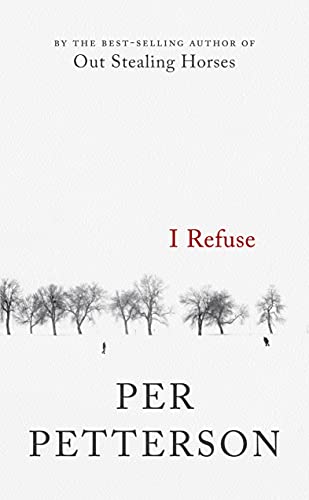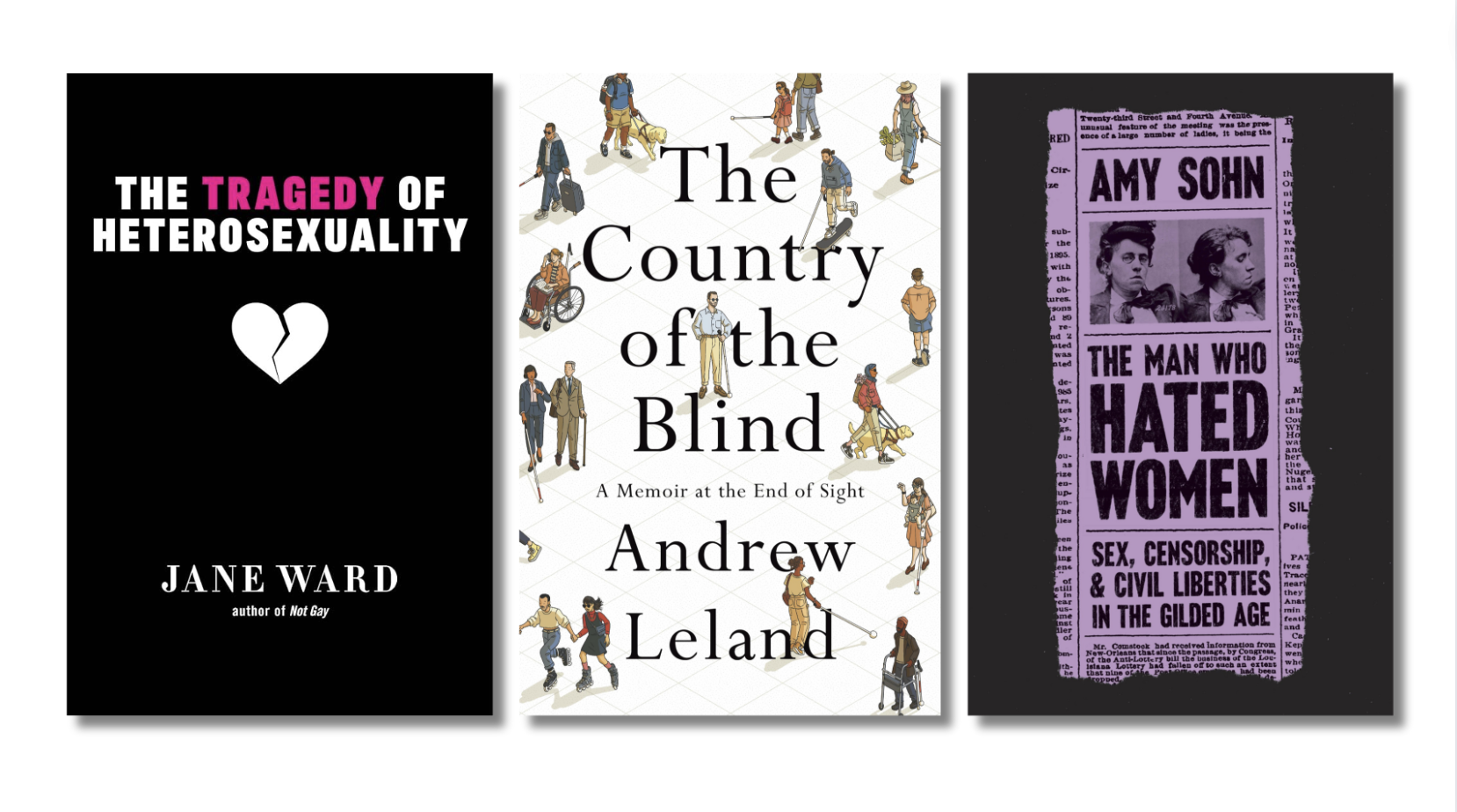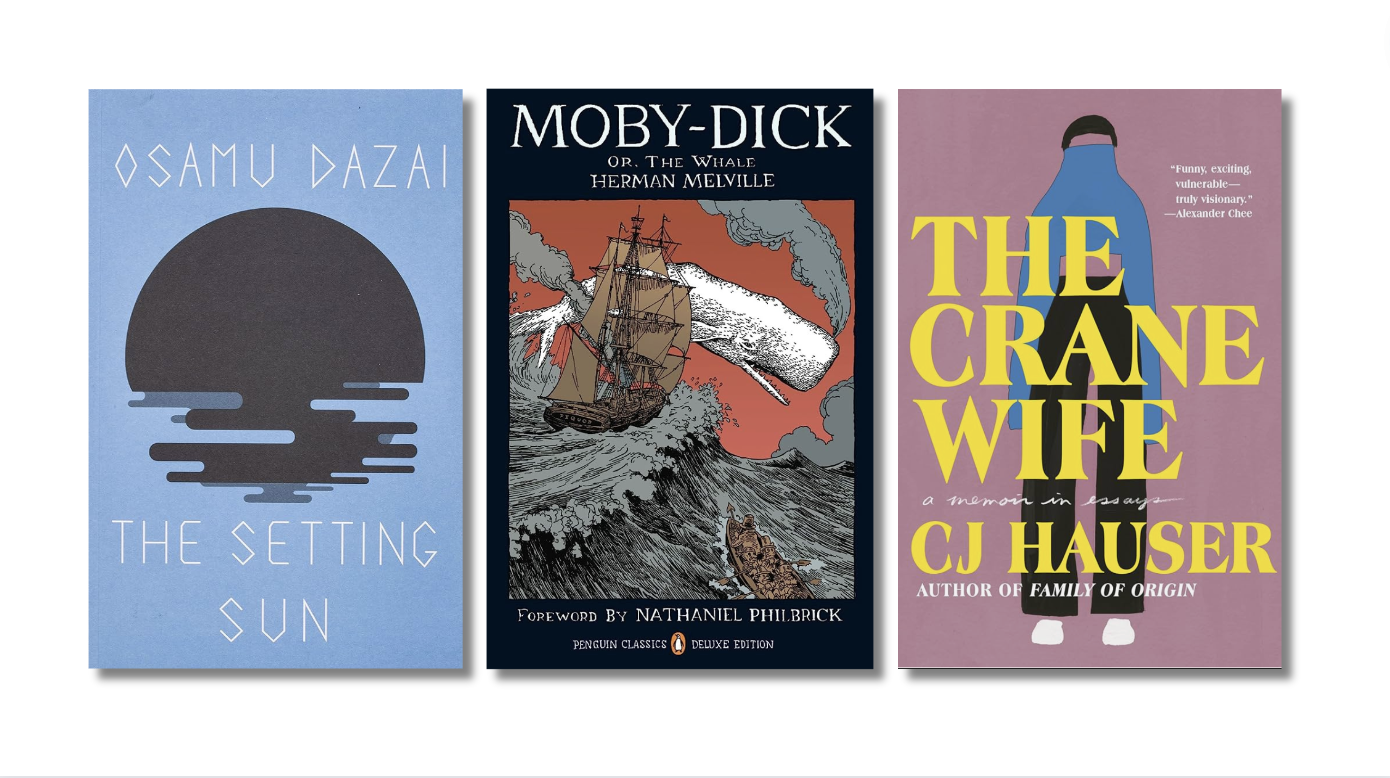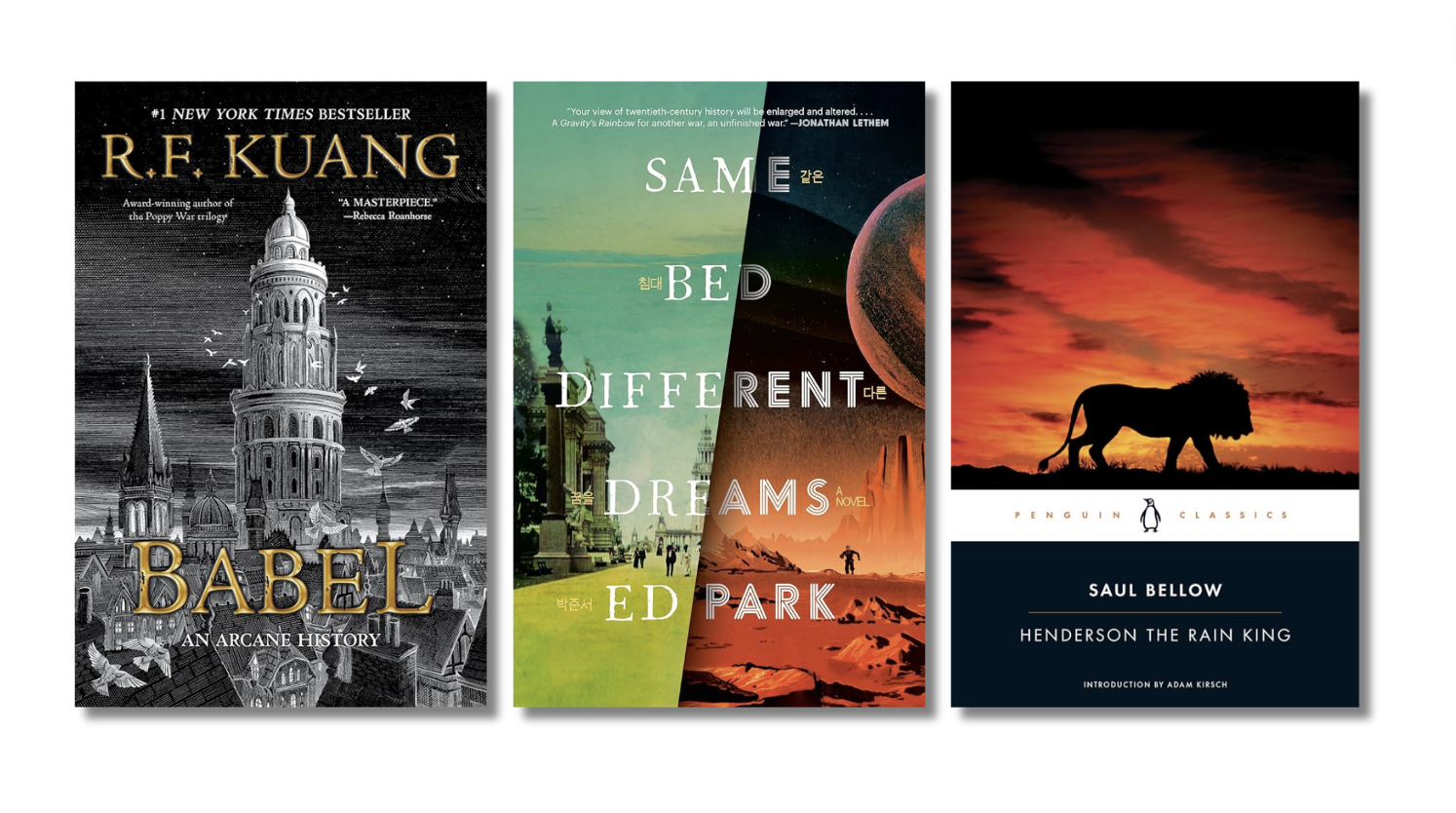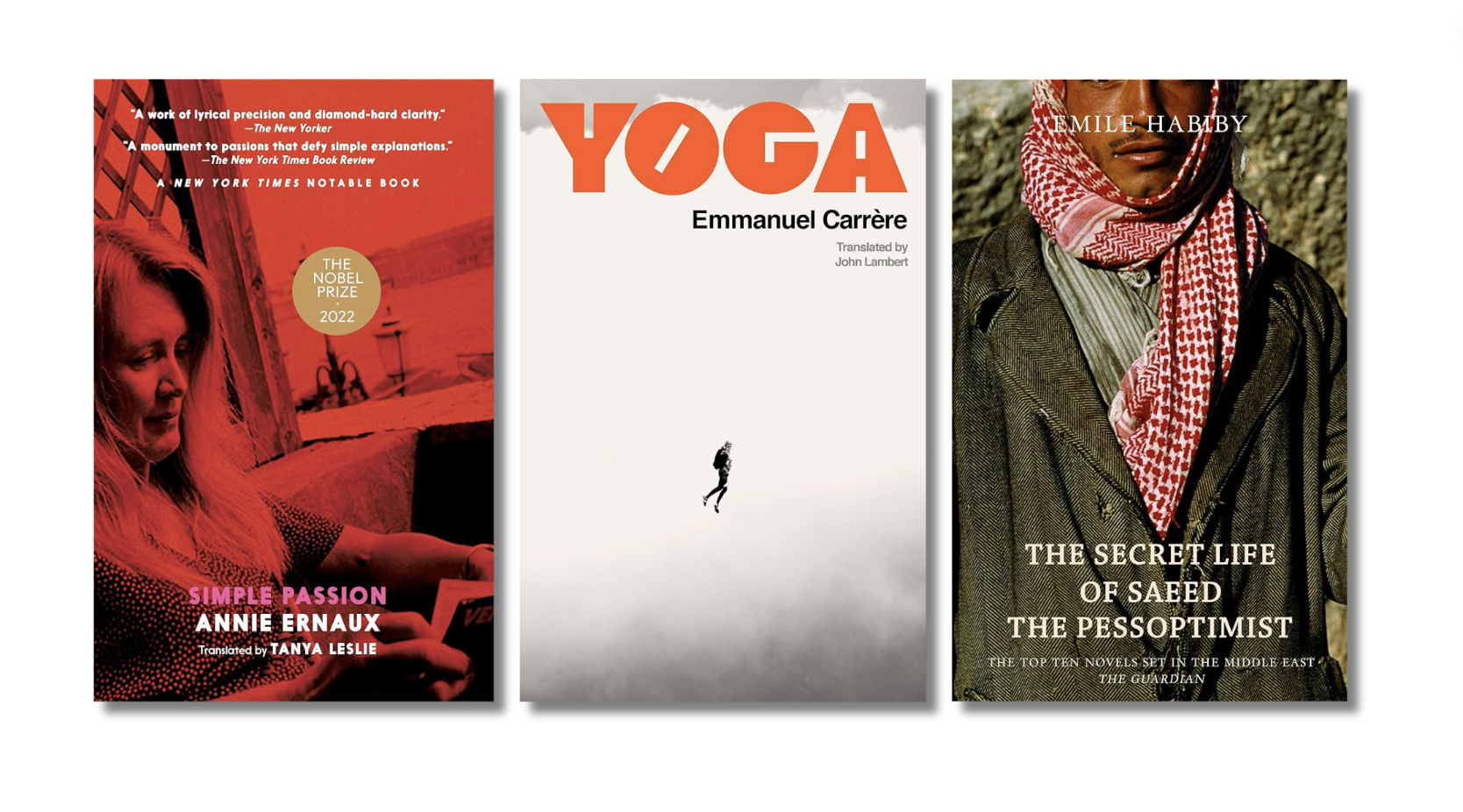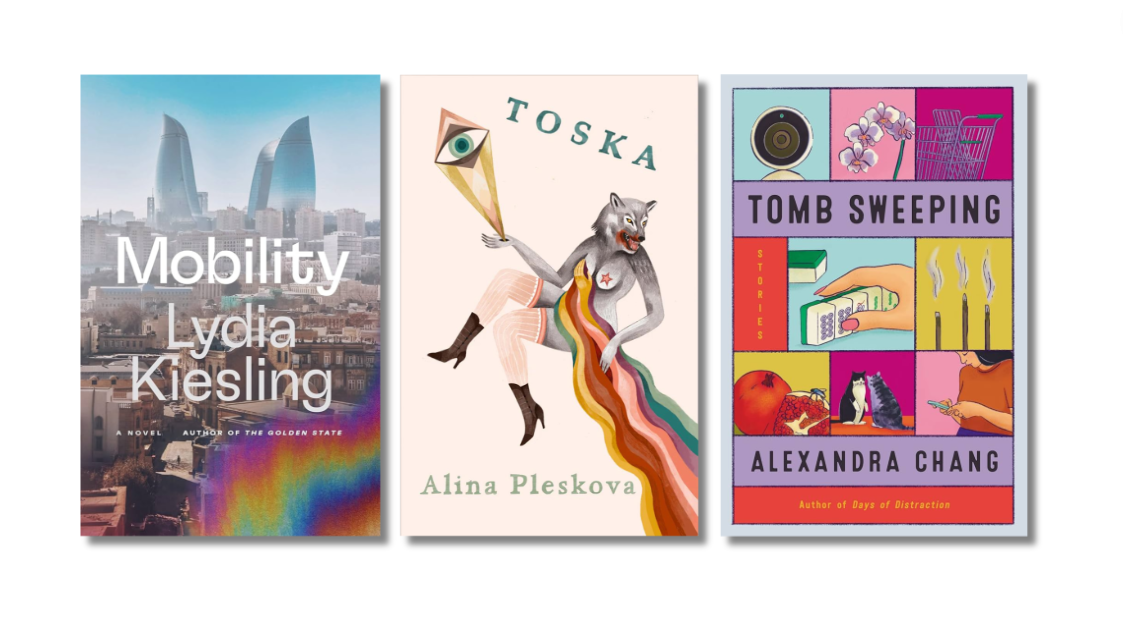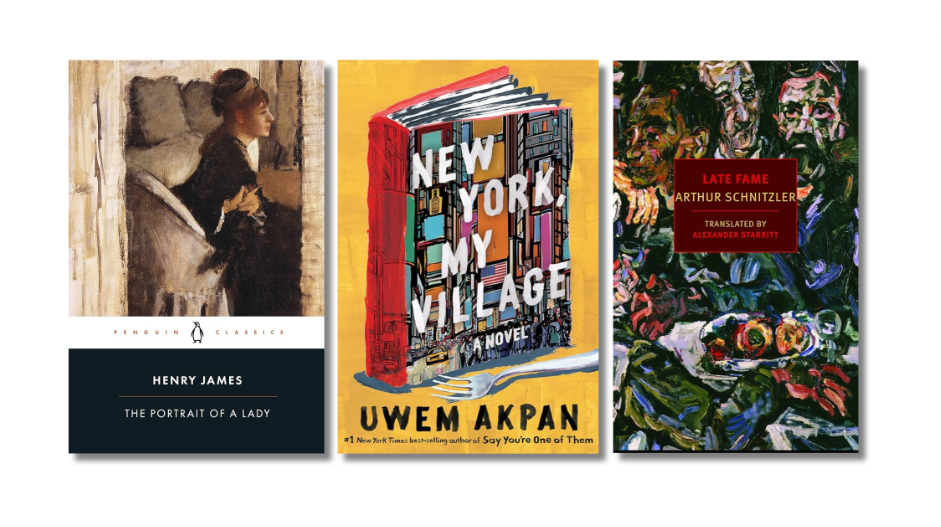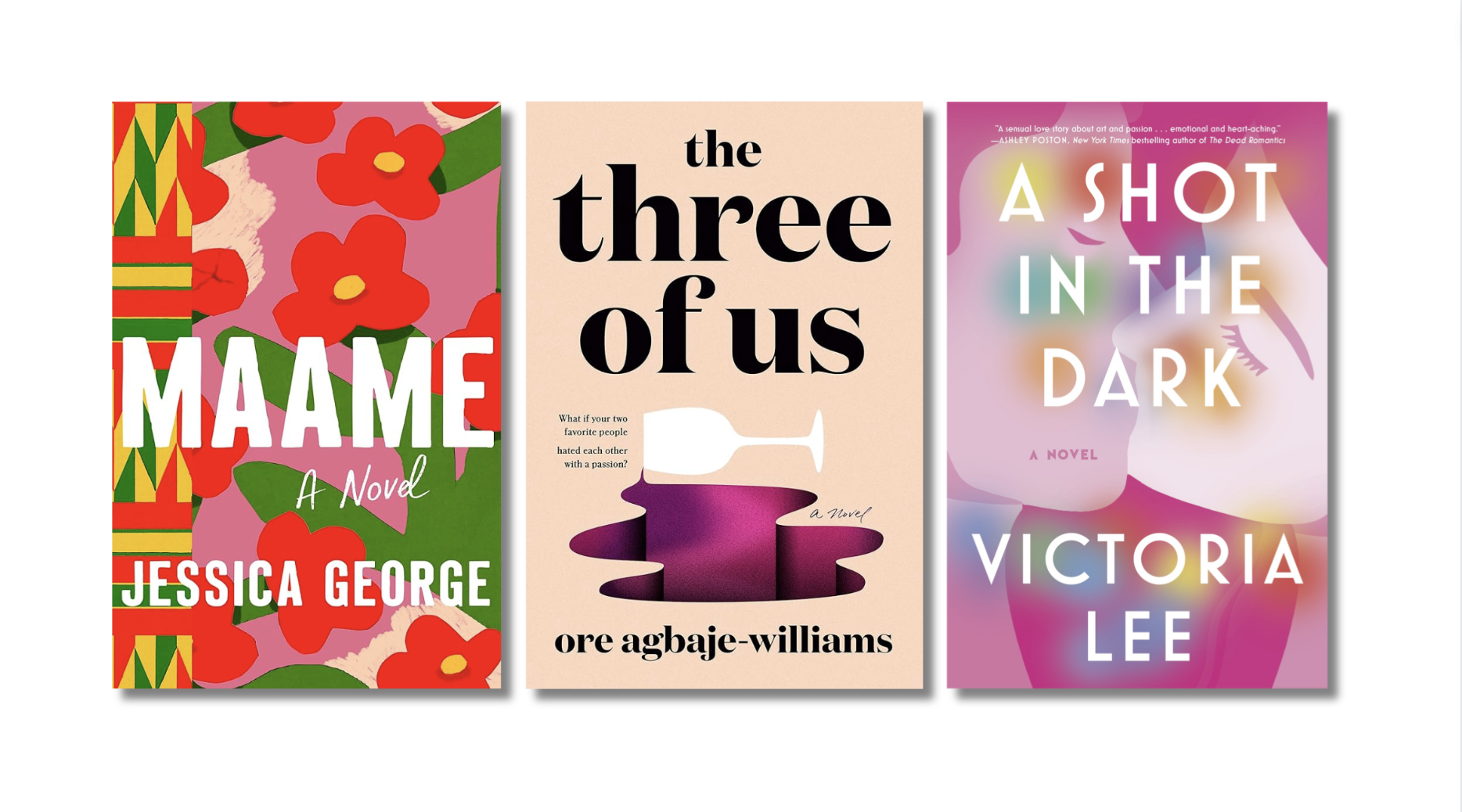
 It’s probably easiest to summarize my year in reading by relating a decision that came to typify my next 11 months with regards to books: I chose a long-awaited beach vacation with family as the time to finally sit down with The Year of Magical Thinking. There are few experiences quite so disorienting as thumbing through 200 pages worth of eviscerating grief (and near-matchless prose) in between body surfing and tossing a frisbee on a humid beach. Despite a bit of environmentally-inspired cognitive dissonance, I found the book to be everything that everyone had lauded it for/warned me about; it’s difficult to imagine ever reading another memoir about the loss of a loved one that captures the particularity of grief more capably than Joan Didion. That is, unless you want to talk about another book of Didion’s that is the worst kind of companion piece, Blue Nights.
It’s probably easiest to summarize my year in reading by relating a decision that came to typify my next 11 months with regards to books: I chose a long-awaited beach vacation with family as the time to finally sit down with The Year of Magical Thinking. There are few experiences quite so disorienting as thumbing through 200 pages worth of eviscerating grief (and near-matchless prose) in between body surfing and tossing a frisbee on a humid beach. Despite a bit of environmentally-inspired cognitive dissonance, I found the book to be everything that everyone had lauded it for/warned me about; it’s difficult to imagine ever reading another memoir about the loss of a loved one that captures the particularity of grief more capably than Joan Didion. That is, unless you want to talk about another book of Didion’s that is the worst kind of companion piece, Blue Nights.
As an independent bookseller-cum-college student slouching towards graduation, temptation to read is at an all-time high and time itself is at a premium. It would be dishonest of me to say that I don’t carve out a disturbing amount of my free time for some of life’s finer pleasures like binge watching nature documentaries and, more recently, pouring hours into Fallout 4. I imagine these luxuries are not afforded to my rooted friends with little ones and spouses, and I suspect this decision-anxiety is familiar for anyone who balances a career and a family. Nevertheless, my decision about what to read next was made by a mostly haphazard combination of chance and odd luck, having less to do with a conscious decision than with a serendipitous whim or a particularly bountiful bookstore shipment. That said, I managed to read a whole bunch of stuff.


 Like everyone else in the world, I loved Ta-Nehisi Coates’s Between the World and Me — as far as I’m concerned, it’s deserving of all of the accolades and then some. A few surprise non-fiction favorites included One of Us: The Story of Anders Breivik and the Massacre in Norway by Åsne Seierstad and Widow Basquiat by Jennifer Clement. Seierstad’s book is, as the heavy-handed subtitle suggests, the fascinating story of Norwegian terrorist Anders Breivik from pre-birth to purgatorial present in prison — it’s hard to put down in the way that a car accident on the highway is hard to look away from. Clement’s book, on the other hand, is by turns delicate and lacerating in its riveting, poetic portrayal of the relationship between artistic savant Jean-Michel Basquiat and his partner/muse Suzanne Mallouk. As for drama, a customer’s suggestion to check out Middletown led to a months-long affair with all things Will Eno — it left me feeling even more suburban and despondent than usual (in a good way?).
Like everyone else in the world, I loved Ta-Nehisi Coates’s Between the World and Me — as far as I’m concerned, it’s deserving of all of the accolades and then some. A few surprise non-fiction favorites included One of Us: The Story of Anders Breivik and the Massacre in Norway by Åsne Seierstad and Widow Basquiat by Jennifer Clement. Seierstad’s book is, as the heavy-handed subtitle suggests, the fascinating story of Norwegian terrorist Anders Breivik from pre-birth to purgatorial present in prison — it’s hard to put down in the way that a car accident on the highway is hard to look away from. Clement’s book, on the other hand, is by turns delicate and lacerating in its riveting, poetic portrayal of the relationship between artistic savant Jean-Michel Basquiat and his partner/muse Suzanne Mallouk. As for drama, a customer’s suggestion to check out Middletown led to a months-long affair with all things Will Eno — it left me feeling even more suburban and despondent than usual (in a good way?).
 Poetry is my real first love, and it’s the area where I found myself devoting most of my squirreled-away reading time. A ton of poets that I admire released collections this year — two of my longtime favorites, John Ashbery and Yusef Komunyakaa, each have new books out. Some of the new releases that I enjoyed a great deal were those by Terrance Hayes, Nick Flynn, Dorothea Lasky, Deborah Landau, and Richard Siken. A chance encounter with Elegy Owed by Bob Hicok mutated into near-total immersion in his body of work — Bob, if you’re reading this, I’m finished and I need some new poems.
Poetry is my real first love, and it’s the area where I found myself devoting most of my squirreled-away reading time. A ton of poets that I admire released collections this year — two of my longtime favorites, John Ashbery and Yusef Komunyakaa, each have new books out. Some of the new releases that I enjoyed a great deal were those by Terrance Hayes, Nick Flynn, Dorothea Lasky, Deborah Landau, and Richard Siken. A chance encounter with Elegy Owed by Bob Hicok mutated into near-total immersion in his body of work — Bob, if you’re reading this, I’m finished and I need some new poems.
 The most interesting poetic rabbit hole I stumbled down this year began with reading A Question Mark Above the Sun by Kent Johnson. In Johnson’s bizarre book, he alleges that Frank O’Hara’s poem “A True Account of Talking to the Sun at Fire Island” (which was first discovered and recited by O’Hara’s longtime friend Kenneth Koch at a memorial event celebrating the poet’s life) was actually written by Koch and “given” to O’Hara as a kind of private elegy to his closest friend. It’s may be the most touching gesture in the history of poetry or a totally outrageous accusation — either way, it was the gateway book that led to my mainlining a dangerous cocktail of New York poetry which included the likes of Koch, James Schuyler, and Ted Berrigan.
The most interesting poetic rabbit hole I stumbled down this year began with reading A Question Mark Above the Sun by Kent Johnson. In Johnson’s bizarre book, he alleges that Frank O’Hara’s poem “A True Account of Talking to the Sun at Fire Island” (which was first discovered and recited by O’Hara’s longtime friend Kenneth Koch at a memorial event celebrating the poet’s life) was actually written by Koch and “given” to O’Hara as a kind of private elegy to his closest friend. It’s may be the most touching gesture in the history of poetry or a totally outrageous accusation — either way, it was the gateway book that led to my mainlining a dangerous cocktail of New York poetry which included the likes of Koch, James Schuyler, and Ted Berrigan.
 A surprise reading trend that cropped up this past year included burning through collection after collection of unbelievable short stories by some frighteningly talented women. Like many others, I drank the Clarice Lispector Kool-Aid and trudged through her Complete Stories in a bewildered haze that I’m not sure I ever made it back out of. I prefer Lispector’s slim, puzzling novels to her stories, unlike another South American woman whose collection I read and loved, Silvina Ocampo. Ocampo’s stories are in the vein of a magical realism where all of the playful niceties are replaced by an unforgiving and overt brutality — needless to say, they are pretty badass. Collections by Lucia Berlin and Joy Williams were also among some of the best.
A surprise reading trend that cropped up this past year included burning through collection after collection of unbelievable short stories by some frighteningly talented women. Like many others, I drank the Clarice Lispector Kool-Aid and trudged through her Complete Stories in a bewildered haze that I’m not sure I ever made it back out of. I prefer Lispector’s slim, puzzling novels to her stories, unlike another South American woman whose collection I read and loved, Silvina Ocampo. Ocampo’s stories are in the vein of a magical realism where all of the playful niceties are replaced by an unforgiving and overt brutality — needless to say, they are pretty badass. Collections by Lucia Berlin and Joy Williams were also among some of the best.
Atticus Lish’s Preparation for the Next Life was the most memorable — if profoundly depressing — novel that I spent time with this year. It shares my top fiction spot with Cow Country, a bizarre book penned by Adrian Jones Pearson, an openly self-identified pseudonym, and published by a nonexistent publishing house. The star of a few speculative pieces about the identity of its author (the most popular of which is Thomas Pynchon), Cow Country is smart and hilarious and incisive no matter who wrote it. Some of my other fiction favorites included Jesse Ball’s A Cure for Suicide, Per Petterson’s I Refuse, and Ottessa Moshfegh’s Eileen. My biggest letdown was Bill Clegg’s Did You Ever Have a Family, for which my expectations were too high and my disappointment now is total and all-encompassing. I found it far too guarded and vanilla for the same man who shocked my sensibilities with a couple of brilliant, fully-realized memoirs about an addiction to crack cocaine.
In writing this, it occurred to me that I must have had more time to read than I remember, or else I just didn’t take great care of myself, because I read a ton of books. However, for everything I read and loved, I watched another 10 books languish on the shelves at my store, knowing I would never have the time to pick them up. As far as figuring out what to read next is concerned, it seems that the stakes are higher than we often give them credit for; the decision is an expressed commitment to an ideal, be it beauty or bacchanalia. Or maybe I just want my job to feel important. And so we beat on, I guess.
More from A Year in Reading 2015
Don’t miss: A Year in Reading 2014, 2013, 2012, 2011, 2010, 2009, 2008, 2007, 2006, 2005
The good stuff: The Millions’ Notable articles
The motherlode: The Millions’ Books and Reviews
Like what you see? Learn about 5 insanely easy ways to Support The Millions, and follow The Millions on Twitter, Facebook, Tumblr.







